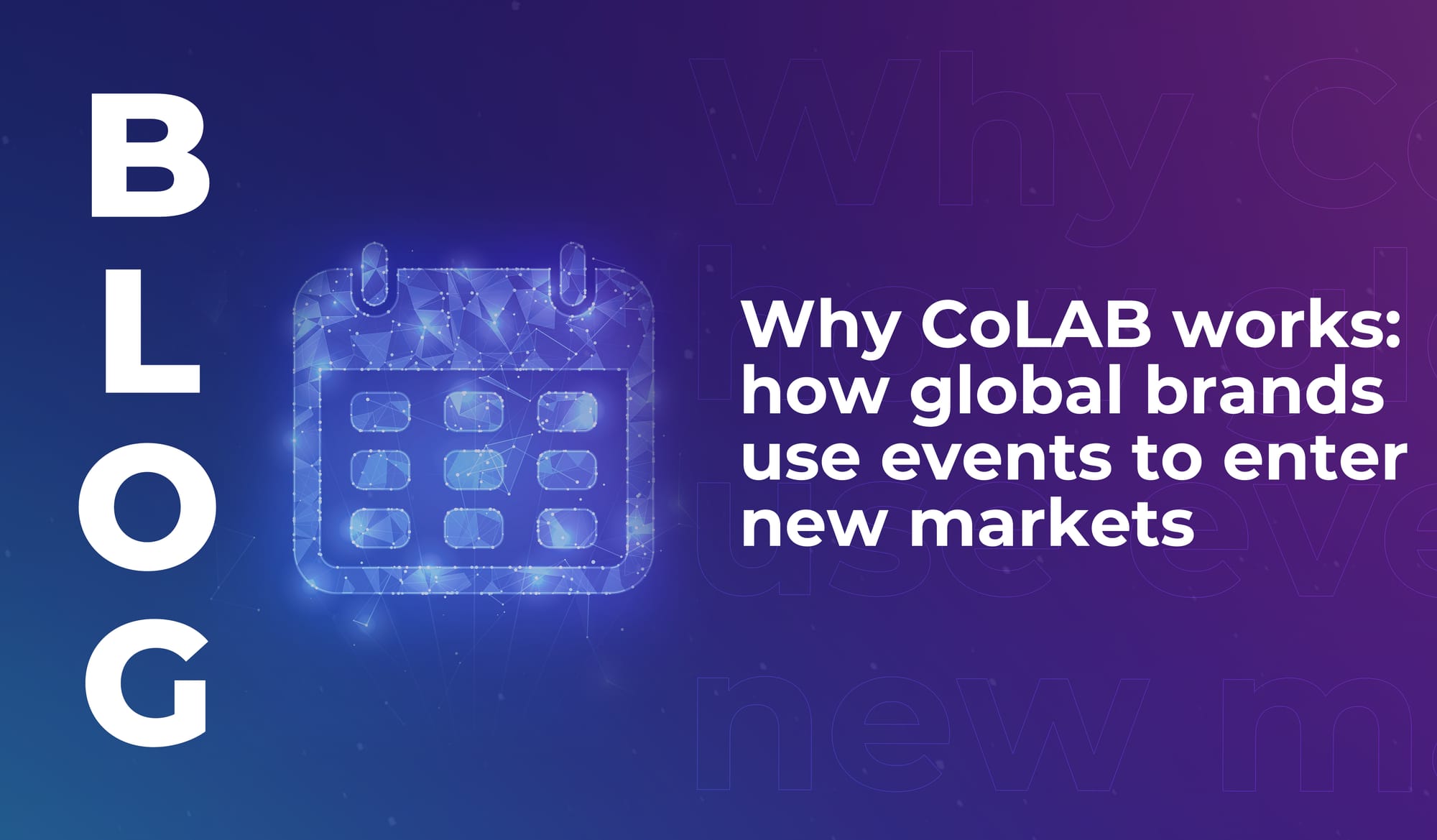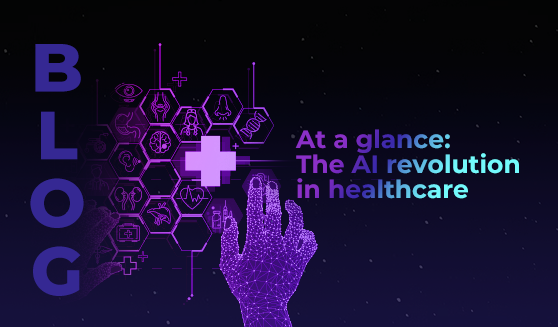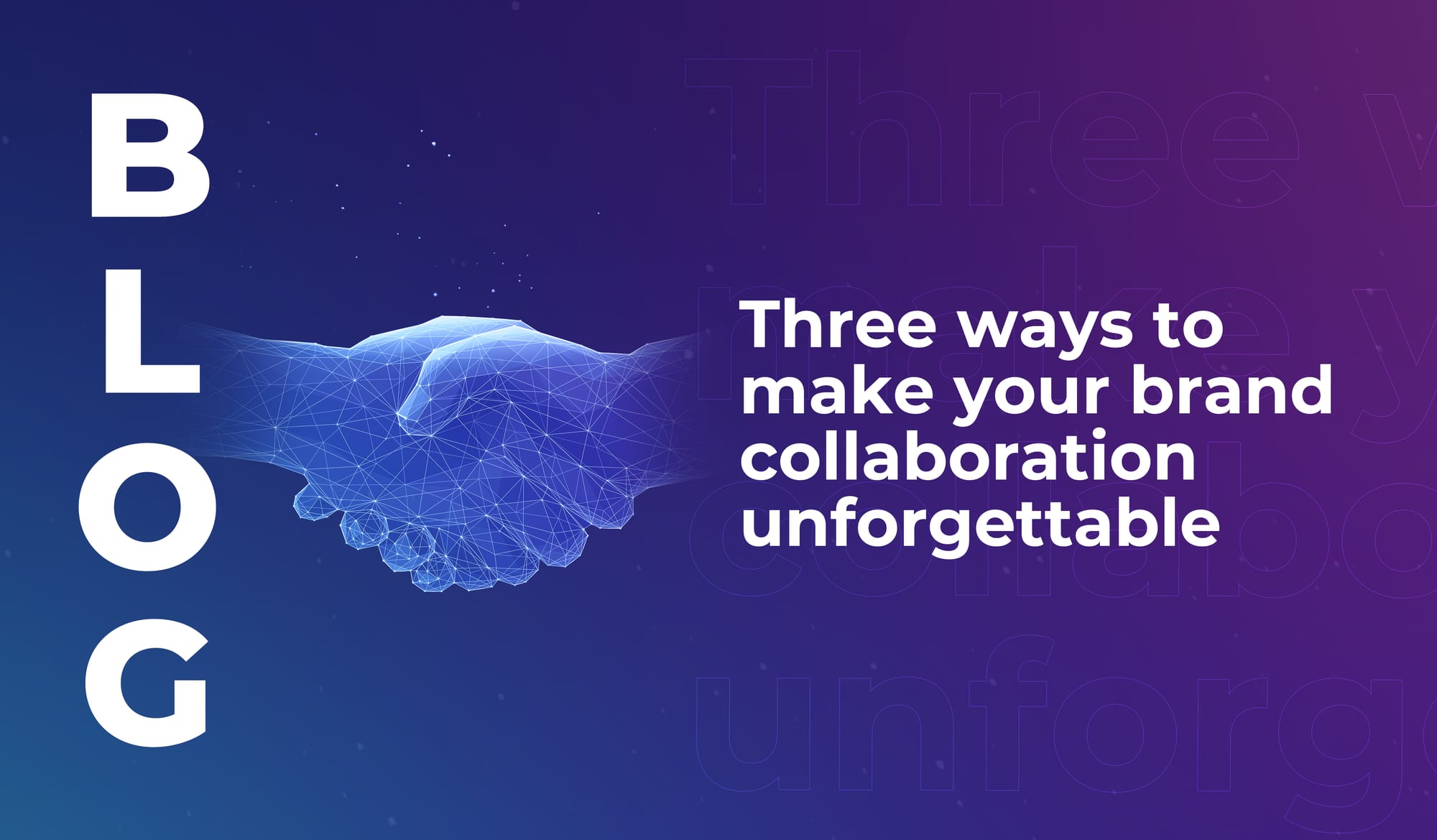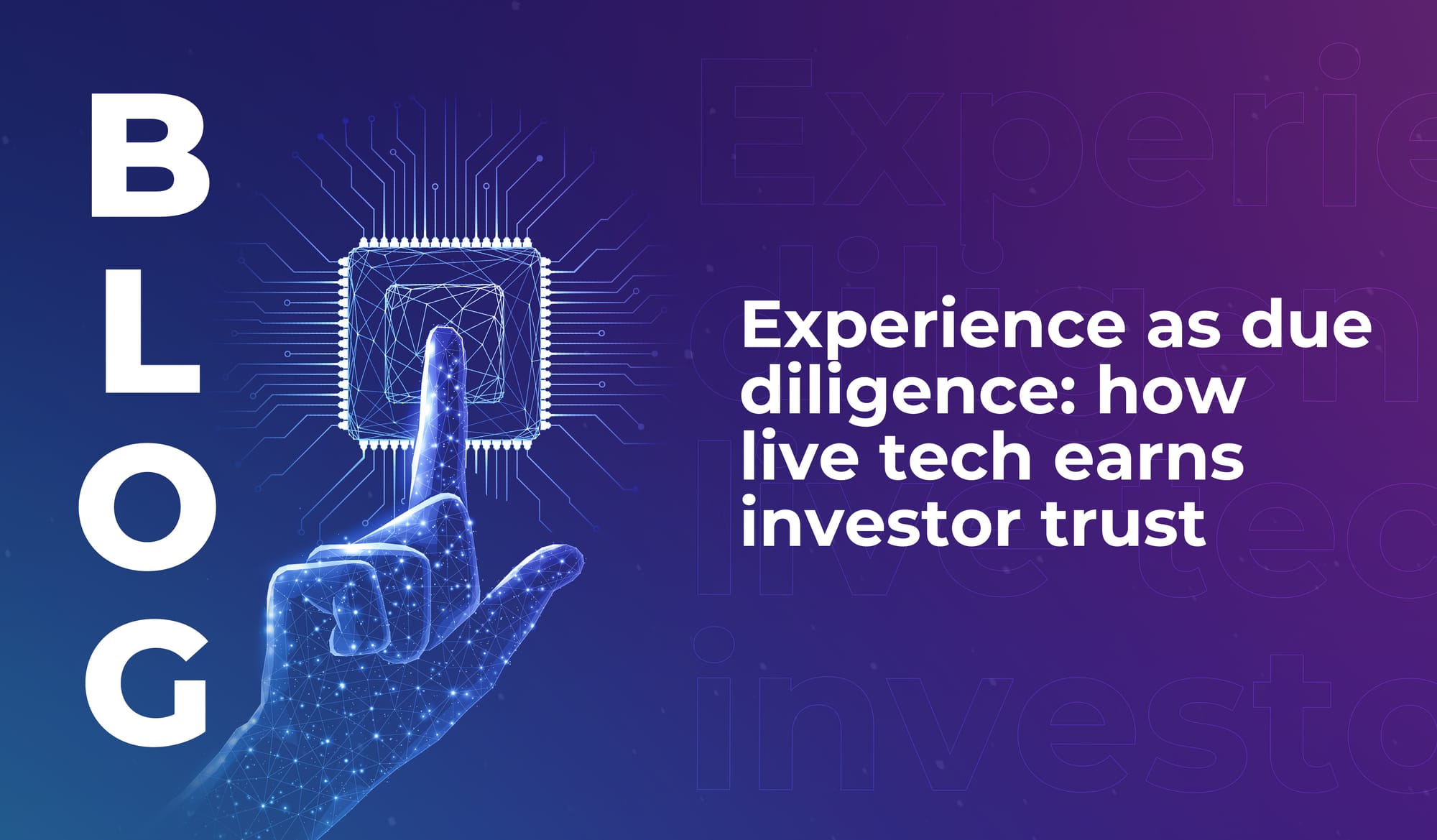
Why CoLAB works: how global brands use events to enter new markets
Learn how global brands use events to enter new markets. Build trust and accelerate relevance through CoLAB collaborations at LEAP.


AI is changing the way physicians treat patients, speeding up pathology detection and treatment times, and offering more choices for patients, doctors, and healthcare operators. In 2021, a study by health insurer Optum found that 85% of the healthcare executives they surveyed already had an AI strategy. The global AI in healthcare market size is projected to reach more than USD $187.95 billion by 2030 – growing at a CAGR of 37% until then.
The phrase ‘AI revolution’ comes up a lot in relation to healthcare at the moment – so let’s look at some of the recent developments in AI-powered health.
New use cases for AI are being developed all the time. But some of the ways healthcare providers are already deploying AI tech include:
Researchers are exploring the potential of AI across a huge range of functions in healthcare – from administrative processes to remote monitoring of patients, and more.
When we interviewed LEAP 2023 speaker Dr. Istvan Petak (Physician-scientist, CEO at Genomate Health), he said:
“While it is definitely difficult to imagine in what direction AI will steer development of healthcare in the near or distant future, it is now no longer implausible to imagine AI becoming an integral component of healthcare services.”
Dr. Petak pioneered molecular pharmacology of programmed cell death in 1998, predictive molecular diagnostics of lung cancer in 2003 and developed next generation sequencing in molecular profiling of solid tumours in 2008. He led the development of a novel computational method that successfully implemented cognitive computing in precision oncology in 2021.
“We have seen more and more digital tools, including AI, being adopted and used by medical professionals in their day-to-day work, and a lot of research is done to find solutions to complex problems using technology, from remote healthcare to personalised medicine, from wearable medical devices to AI in healthcare.”
And the emergence of so many new tools is generating a huge volume of data – which simply can’t be reviewed and analysed by humans alone. In the cases where medical decisions are based (at least in part) on a large amount of digitally collected data, hundreds (or even thousands) of variables have to be taken into account; and we need AI to help with that.
“We believe that, in the future, AI in healthcare will not be a disruption,” Dr. Petak added. “To ensure the best treatment to patients, the use of AI will be a necessity and a normality.”
Head over to DeepFest, the dedicated AI stream at LEAP from 4-7 March 2024. DeepFest is where the global AI community comes together to learn, connect, and explore the latest innovations in AI.

Learn how global brands use events to enter new markets. Build trust and accelerate relevance through CoLAB collaborations at LEAP.

At global tech events, your brand isn’t competing for space – it’s competing for memory. Memory is built through participation, so the brand collaboration opportunities at LEAP are designed for it.

For investors at LEAP, experience is the first stage of due diligence – and has more impact than a pitch deck. Find out how the Tech Arena fast-tracks investor conversations.

Learn how global brands use events to enter new markets. Build trust and accelerate relevance through CoLAB collaborations at LEAP.

At global tech events, your brand isn’t competing for space – it’s competing for memory. Memory is built through participation, so the brand collaboration opportunities at LEAP are designed for it.

For investors at LEAP, experience is the first stage of due diligence – and has more impact than a pitch deck. Find out how the Tech Arena fast-tracks investor conversations.